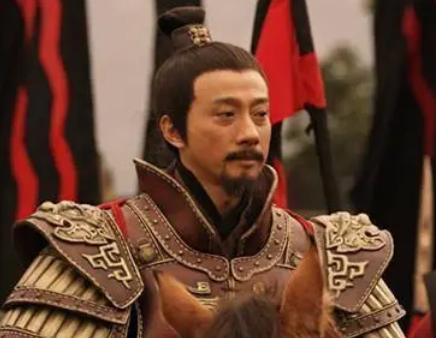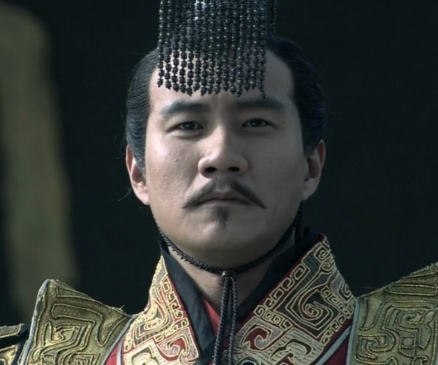In the long history of China, there are many unsolved mysteries, one of which is why Emperor Zhao Gou of the Song Dynasty chose to abdicate at the age of 56 and lived to 81. What are the reasons behind this? Why did he choose the descendants of Zhao Kuangyin as his successors? Let's unravel this historical mystery together.

First, we need to understand that Zhao Gou's abdication at the age of 56 was not due to health issues or old age, but because he had a new understanding of his throne. He believed that the throne should not be something that one inherits by birth, but should be earned through one's own efforts and talents. Therefore, at the age of 56, he chose to abdicate and pass the throne to the descendants of Zhao Kuangyin.
Then, why did Zhao Gou choose the descendants of Zhao Kuangyin as his successors? This was mainly because Zhao Kuangyin was the founder of the Song Dynasty, and his achievements and influence were unparalleled. Zhao Gou believed that only the descendants of Zhao Kuangyin could inherit his spirit and continue to promote the development of the Song Dynasty. In addition, the descendants of Zhao Kuangyin were also relatives of Zhao Gou, and there was a deep blood relationship between them, which was also an important reason for Zhao Gou's choice.
However, Zhao Gou's choice did not receive understanding and support from everyone. Some people believed that his abdication was an act of avoiding responsibility, and he should have continued to serve as emperor to lead the Song Dynasty towards a more prosperous future. However, Zhao Gou adhered to his decision, believing that only this way could the throne of the Song Dynasty become more just and fair.
Overall, Zhao Gou's choice to abdicate at the age of 56 and live to 81 was both his personal decision and his new understanding of the throne. He chose the descendants of Zhao Kuangyin as his successors, which was their inheritance of Zhao Kuangyin's spirit and their respect for the blood relationship. Although this decision caused some controversy, we cannot deny that it was Zhao Gou's deep love and sense of responsibility towards the Song Dynasty.
Disclaimer: The above content is sourced from the internet and the copyright belongs to the original author. If there is any infringement of your original copyright, please inform us and we will delete the relevant content as soon as possible.
































